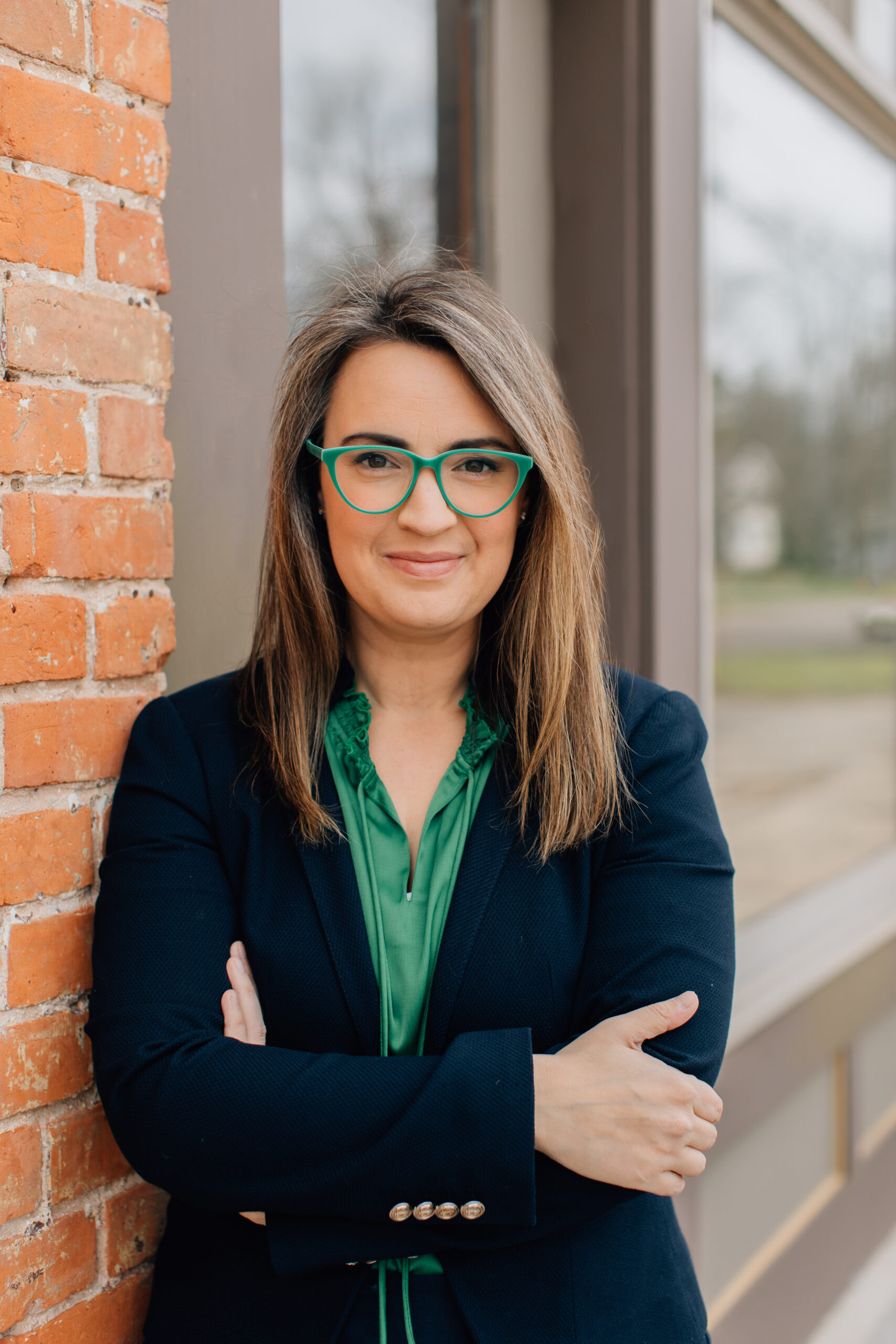
Julie Ficarra received the Community-Engaged Practice & Innovation Award in celebration of her leadership in co-developing and implementing the Culture, Communities and Development: From Ithaca to Quito course and student exchange program. The community-engaged learning experience starts with faculty and students from Cornell and Universidad San Francisco de Quito (USFQ) in Ecuador engaging in a collaborative online international learning exchange where they comparatively explore issues of public concern in both the Ithaca and Quito communities.
In Week 10 of the semester, USFQ students travel to Cornell for a week of engagement that includes work with the Ithaca Mural Association, the Tompkins Center for History and Culture, the Dorothy Cotton Institute, Open Doors English, and the Buffalo ILR Co-Lab. Then the Cornell students travel to Quito over spring break where they have a reciprocal opportunity to work with and learn from community partners there, including, Hogar Para Sus Niños, Albergue San Juan de Dios, Caminitos de Luz, Cristo de Miravalle and Comedor María Auxiliadora.
Developing an Assessment Plan for Community-Engaged Learning in Global Development
As a new Associate Professor of the Practice Julie Ficarra is responsible for leading engaged teaching and learning initiatives in the Department of Global Development. Carrying forward the work of department colleagues in establishing Global Development as an “engaged major” her Engaged Faculty Fellow project involves honing a set of assessment tools that will enable her to measure student learning and partnership outcomes across the department’s engaged curriculum. Beyond the assessment of engaged learning outcomes in a particular course, some questions that she is tackling through her Engaged Faculty Fellowship work are: 1) how can we confirm that the goal of scaffolding various types of engaged learning opportunities across the major are achieving our desired outcomes?, 2) What are metrics of “success” in an engaged major?, and 3) How can we center community partner outcomes in our criteria for success?
“I’m excited to take a deep dive into the engaged learning literature and through discussion with the Engaged Faculty Fellows cohort, determine research-based approaches to building an assessment plan for engaged learning in my department. Building a culture of engagement across the curriculum is a complex task, particularly in such an interdisciplinary department. So, ensuring that we are planful in designing research-informed assessment and evaluation strategies and integrating them into the fabric of our scaffolded engagement is really important. It’s one of the ways that we can model the type of forethought and intentionality with which we hope students use to engage ethically with communities through our engaged courses.” — Julie Ficarra


